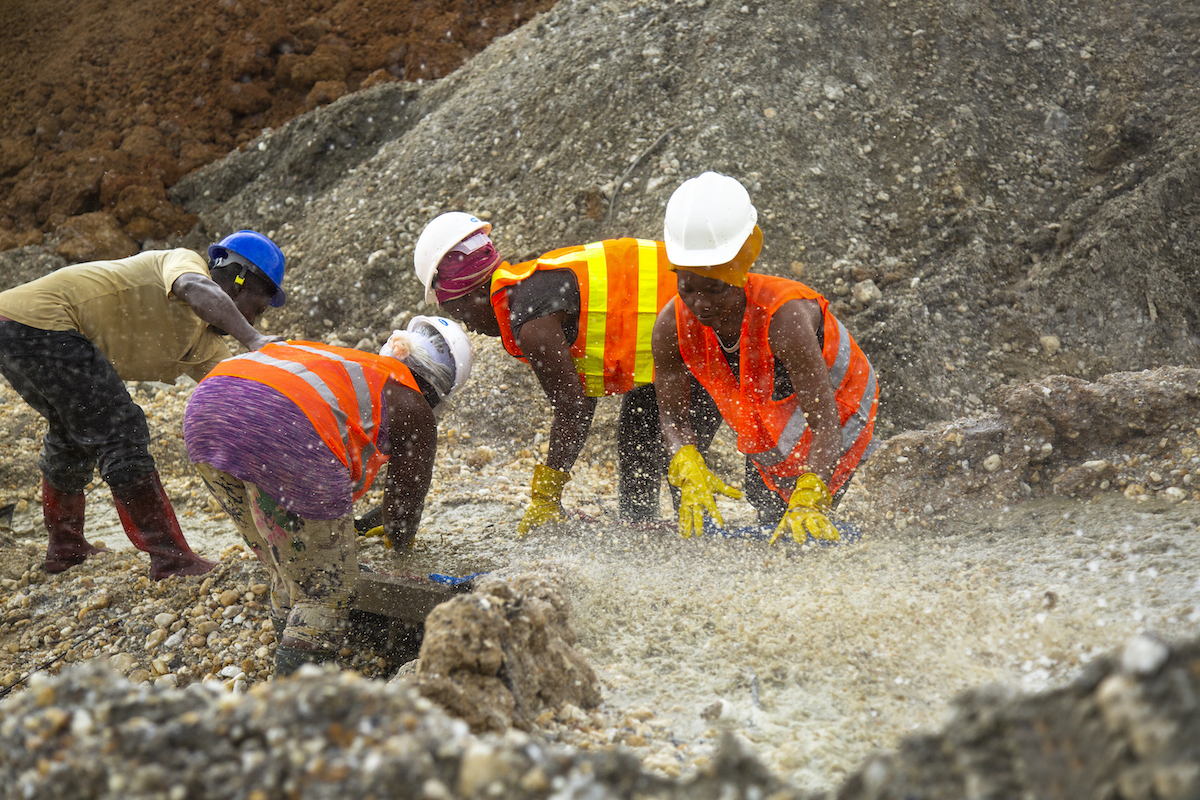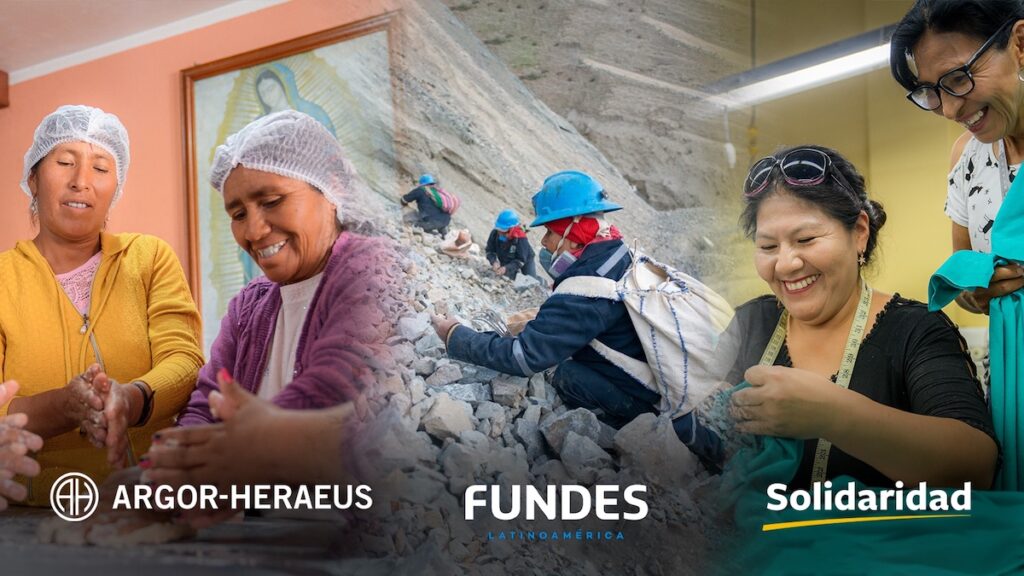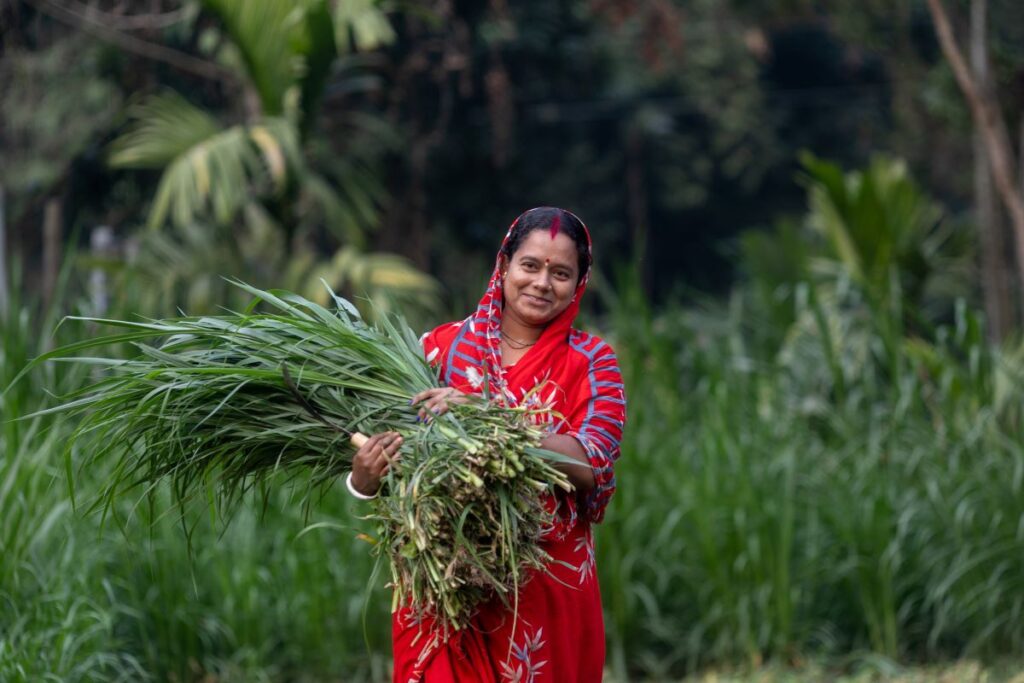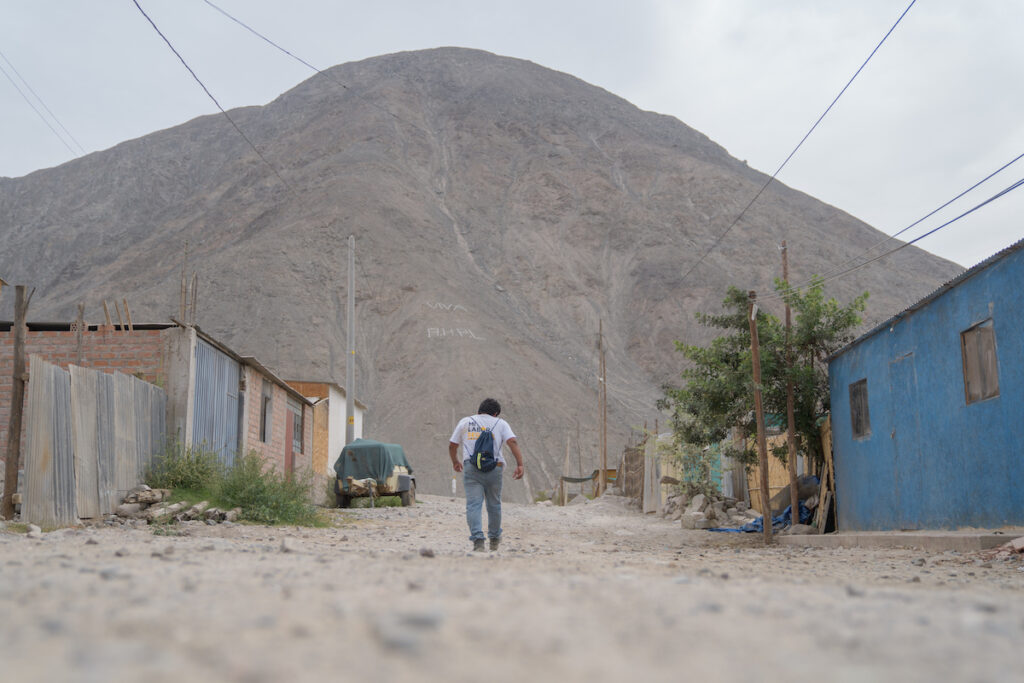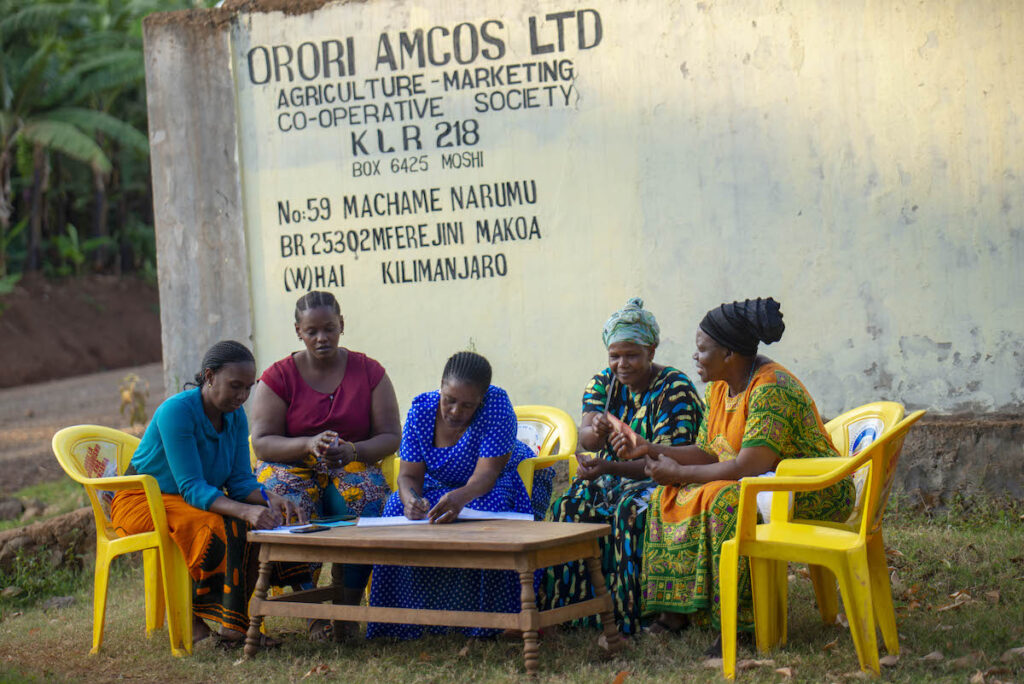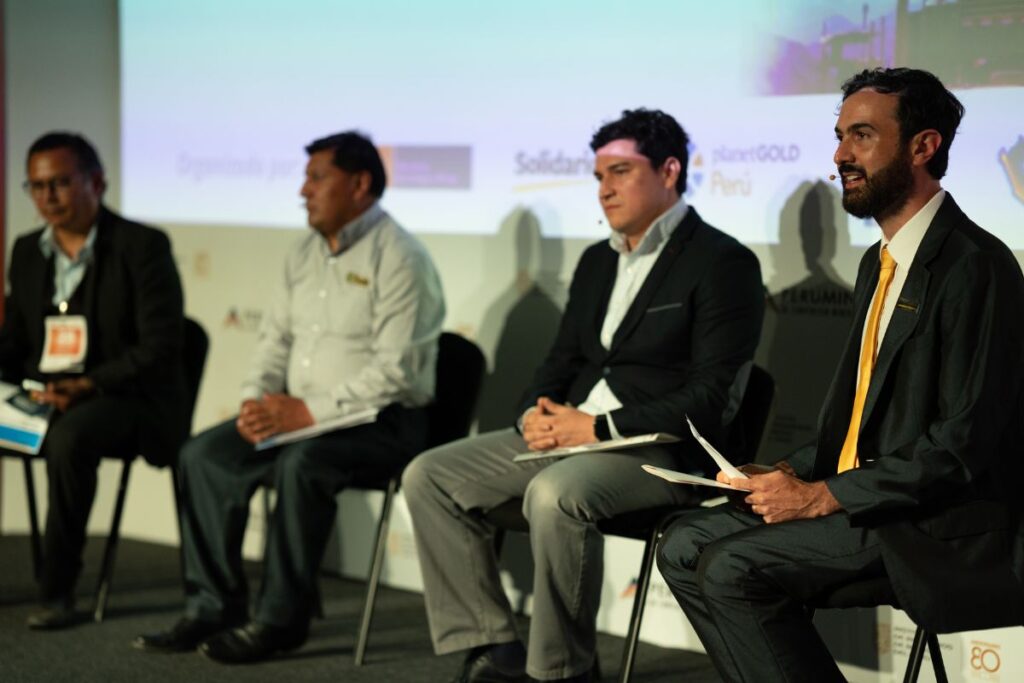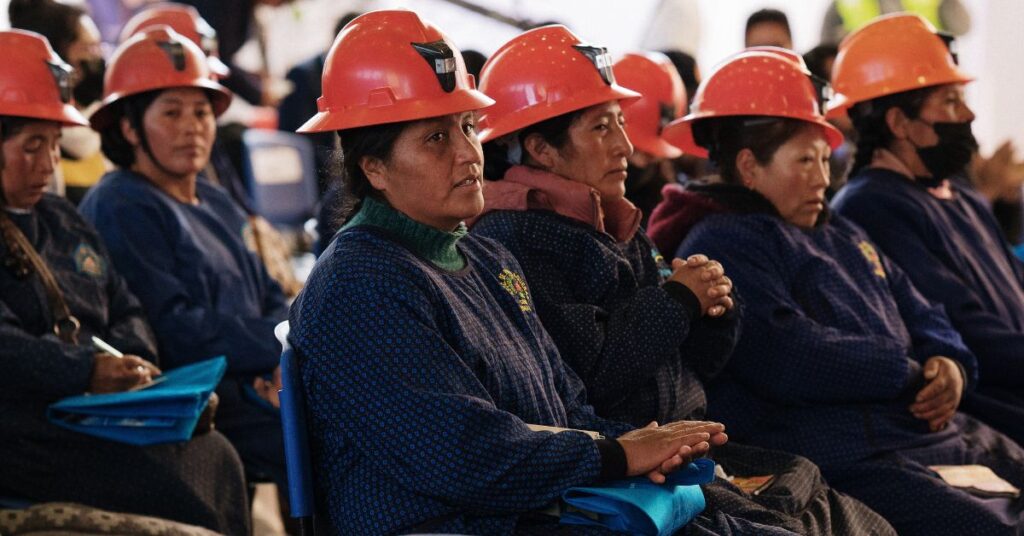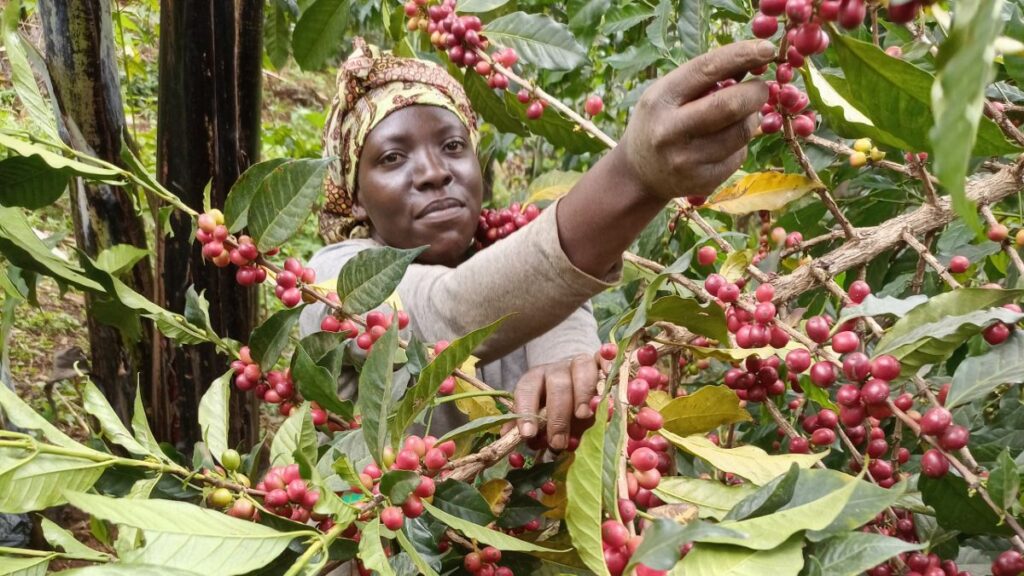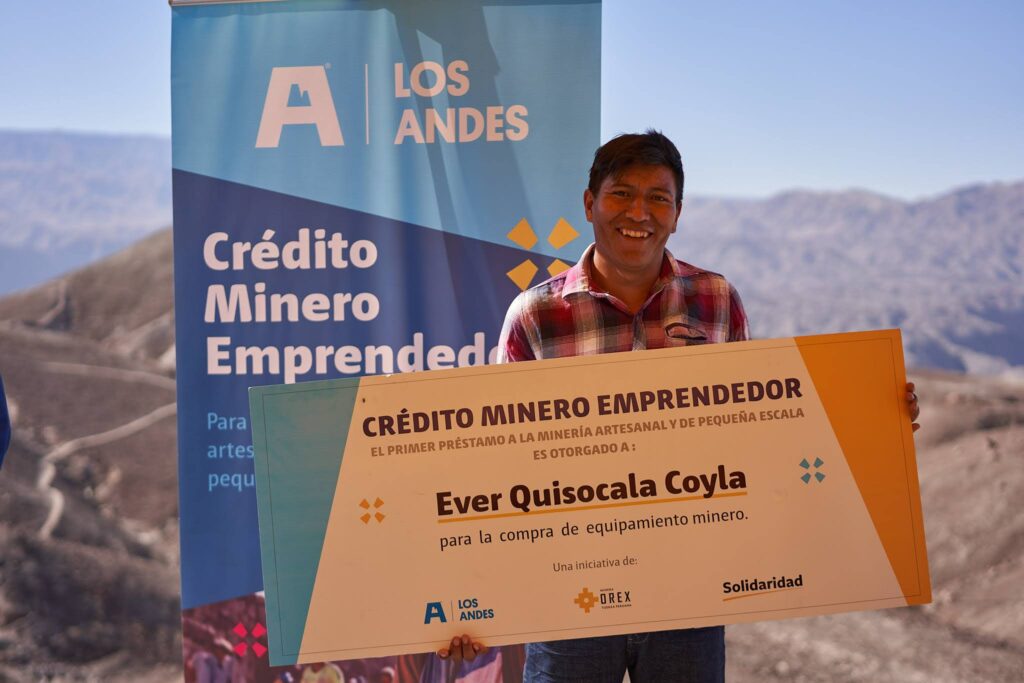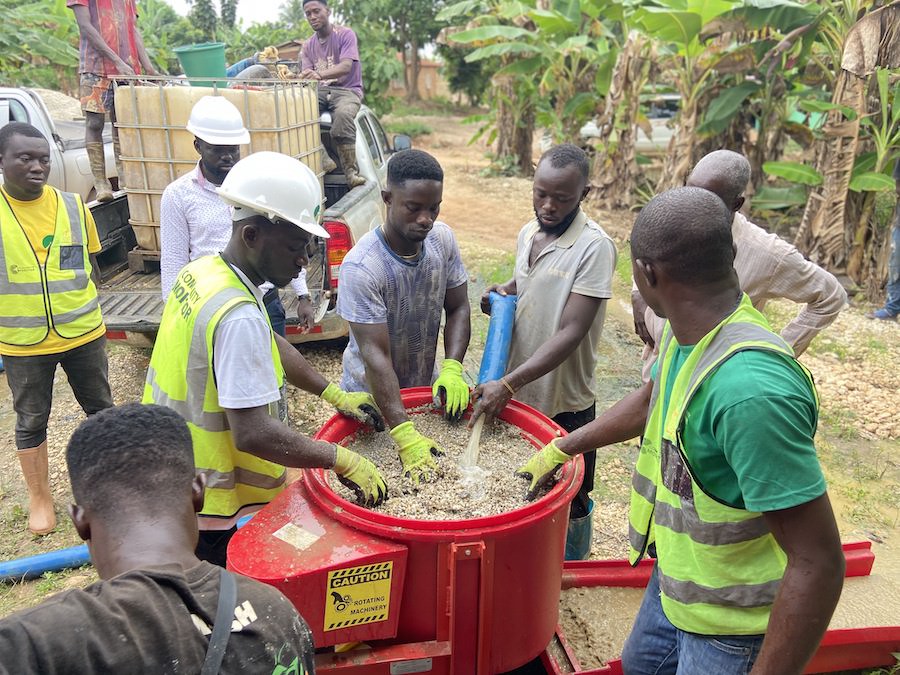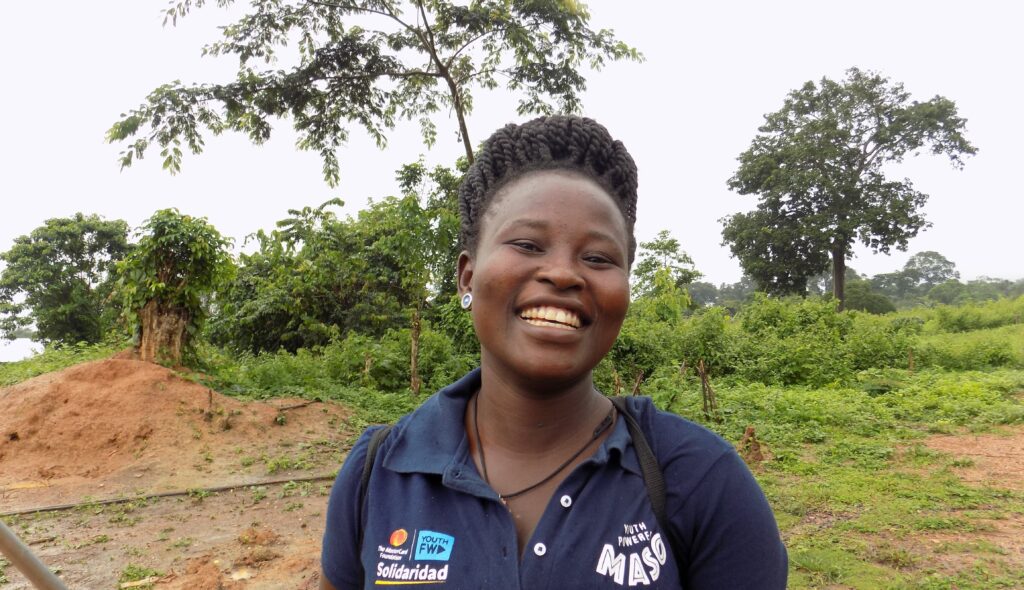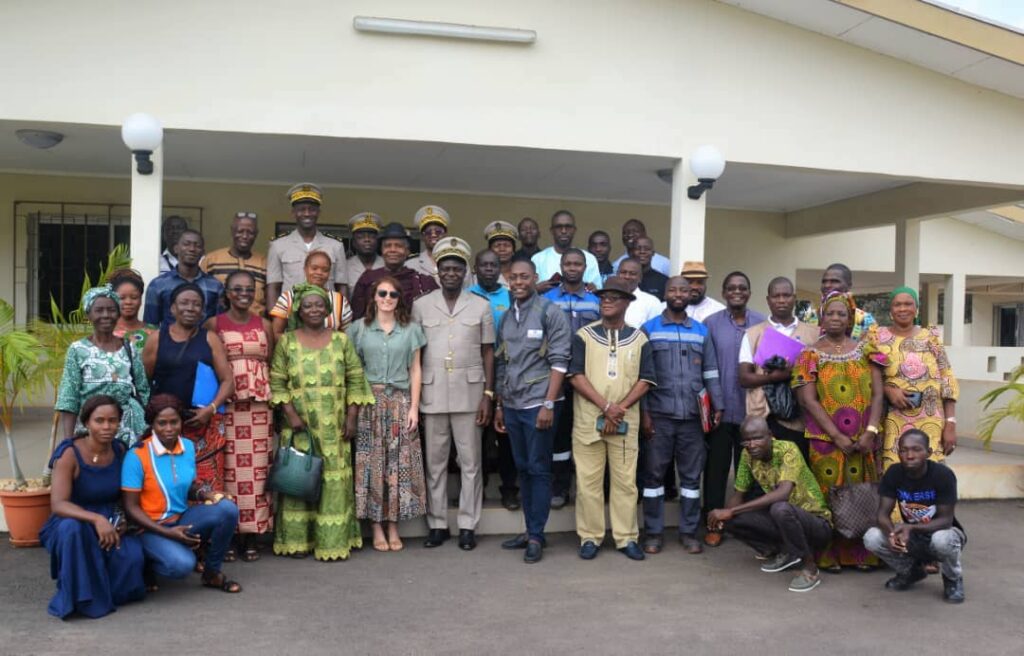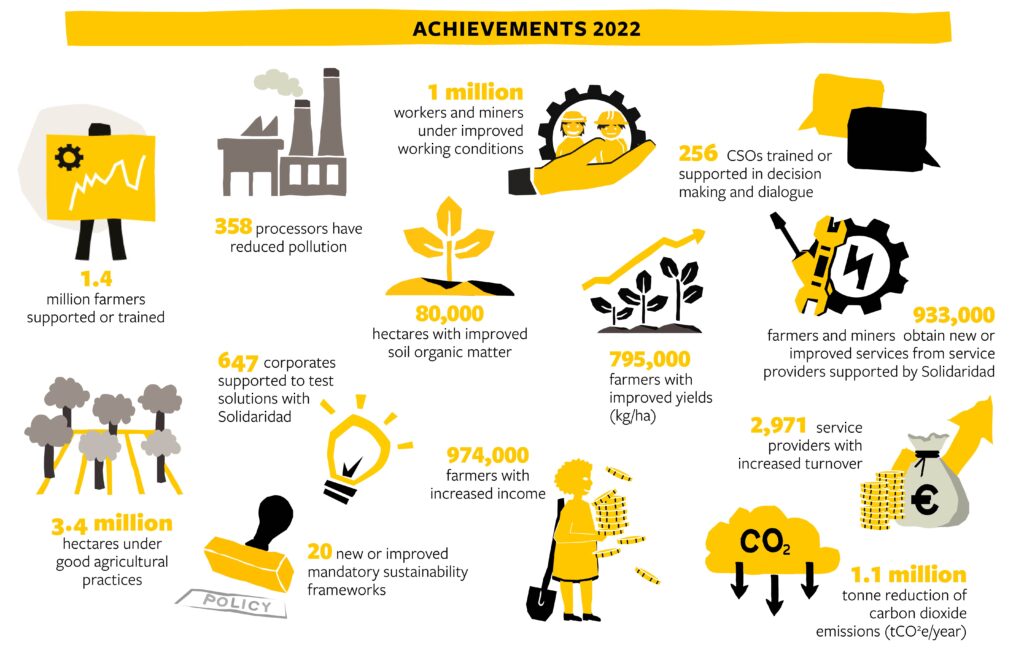More than 1,400 tons of mercury are released into the environment yearly through the activities of artisanal and small-scale gold miners worldwide. In sub-Saharan Africa, the use of mercury in processing gold ore results in the release of over 252 tons per year.
The uncontrolled use of mercury can impair brain function, damage coordination and memory, and cause hearing loss, birth defects, and miscarriages. Mercury is especially dangerous for women of childbearing age and pregnant women.
Most artisanal and small-scale miners have little or no knowledge of the consequences of mercury use on their health.
Some of us processed our gold-mercury amalgam in our kitchens at home while others squeezed out excess mercury from the amalgam with their teeth. We were ignorant about the dire consequences mercury could have on the environment and on our health.
Peter Juben, ASM Miner in Ghana
Peter, with more than 30 years of experience in artisanal and small-scale mining, perceived mercury like any other liquid and handled it without using the necessary protective equipment. “Even though a few of us were aware of the health problems mercury could cause, we believed that consuming soda water would cleanse the body of any mercury ingested,” he adds.
While there are cleaner and safer alternative practices and technologies, artisanal and small-scale miners often lack the capacity, funds, and incentives to adopt good mining practices.
For Solidaridad, educating miners on the consequences of mercury exposure to human health and building their capacity to adopt responsible mining practices was paramount.
Creating awareness and building skills
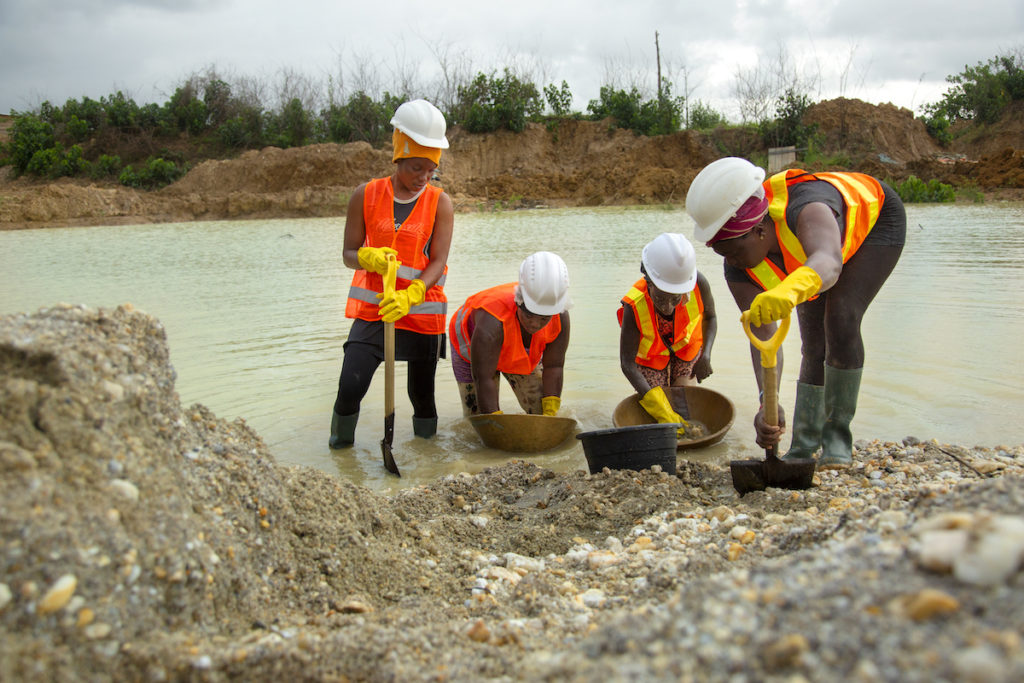
Through the Golden Line programme, which was implemented in mining communities within the Ashanti, Western and Western North regions of Ghana, Solidaridad organized training and capacity-building workshops for 1,109 miners. The workshops created awareness of the health implications of mercury and promoted its responsible use among the miners. They were also equipped with the requisite skills to handle mercury responsibly in their operations.
Peter says through the training, he and other miners have been exposed to the detrimental effects of mercury and they are now conscious about its use.
“The videos, pictures, practical demonstrations and classical scenarios of mercury poisoning were powerful aids for my appreciation and understanding of the mercury problem in artisanal and small-scale gold mining,” he says.
Since the training, the miners are now willing to adopt available and appropriate methods that control mercury releases in their line of work.
Changing norms
Mining companies like ‘Ekom Eya’ where Peter works have begun to put in place measures to ensure no mercury is released into the environment. The company has secured a mercury retort to be used by workers. This is a small device designed to burn amalgam safely without losing the mercury vapour in the air, and also reduce air pollution and the miners’ harmful exposure to mercury.
Equipping us with the skills to appropriately handle mercury in our operations was very important. With my increased knowledge, I now educate other miners on the risks of mercury use and how to use mercury responsibly.
Peter Juben
He is optimistic that expanding the training to other miners will significantly reduce the amount of mercury poisoning cases and mercury releases into the environment.
The Golden Line programme, which ended in 2020, was funded by the Dutch Ministry of Foreign Affairs and implemented by Solidaridad, Simavi and Healthy Entrepreneurs. The programme has over the five-year period (2016–2020) improved the working conditions of miners and promoted responsible mining practices in 10 mining companies in Ghana.

